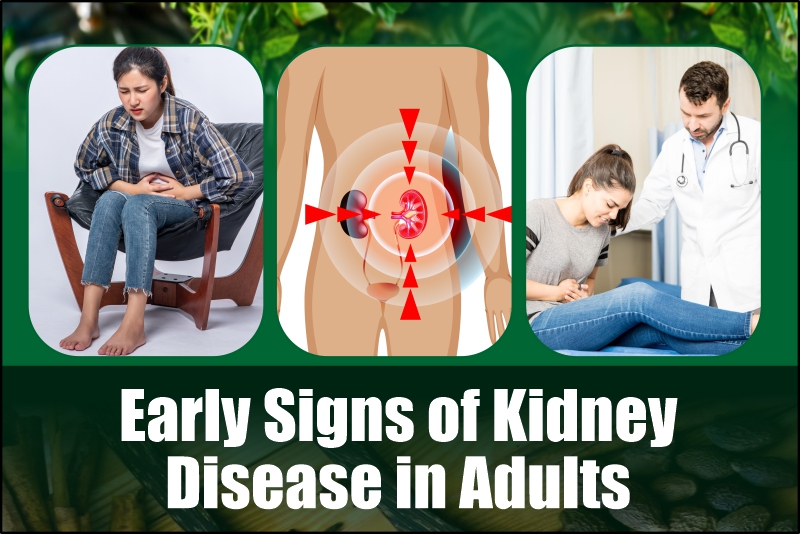
 October 25, 2025
October 25, 2025
Hey there! Let’s have a heart-to-heart about kidneys. Yes, those two bean-shaped organs quietly do the heavy lifting in your body. You probably don’t think about them until something goes wrong, but here’s the truth: catching kidney disease early can save you a lot of stress, discomfort, and possibly some unwanted hospital visits. Think of it as giving your kidneys a little TLC before they start sending you those “Hey, remember me?” reminders in the form of pain or fatigue. So, how do you know if your kidneys are silently waving a red flag? Let’s break down the early signs of kidney disease in adult patients in detail.
Catching the early signs of kidney disease in adult patients is a prerequisite for a bright prognosis. Some of the initial signs of kidney dysfunction in adults are:
If you’re constantly feeling like you just ran a marathon, even after a full night’s sleep, it could be more than just “adulting fatigue.” It can be one of the symptoms of kidney disease in adults at early stage. Healthy kidneys filter waste from your blood and help produce a hormone called erythropoietin, which tells your body to make red blood cells. Fewer red blood cells mean less oxygen for your muscles and brain; hello, exhaustion and brain fog!
So, if you’re yawning at 2 PM every day like it’s your new hobby, it might be worth checking in with your doctor. Your kidneys could be screaming, “We need a break!”
Ever noticed your ankles, feet, or even your face puffing up like a marshmallow? Swelling, or edema, is one of the classic early warning signs of chronic kidney disease naturally. When kidneys aren’t filtering properly, excess fluid builds up in your body. It’s like your kidneys are the bouncers at the club, and suddenly they decided to take a smoke break. Guess what happens? Everything—water, salt, and waste—just barges in, and boom! You’re walking around like a water balloon.
Your bathroom habits can be surprisingly revealing. Early kidney disease can show up as:
If your bladder seems to have suddenly become the star of its own reality show, it’s worth taking note. Your kidneys might be struggling to do their job.
Kidney pain often hides behind lower back or side discomfort. Unlike regular muscle pain, kidney pain is usually deeper, under the ribs, and sometimes comes in waves. Before blaming your chair or your yoga instructor for your aching back, remember that your kidneys are tucked away behind your abdominal muscles. If your back pain feels persistent or unusual, a kidney check is a smart move.
Did you know your kidneys help regulate blood pressure? Yep, they’re like tiny traffic cops managing the flow of fluids and salts in your body. When they’re struggling, blood pressure can creep up. High blood pressure isn’t just a risk for your heart; it’s also a major sign your kidneys are in distress. So, if your doctor keeps giving you that side-eye about your BP readings, your kidneys might be waving the white flag.
Persistent itching or rashes could be your body’s way of saying, “Hey, something’s off with my waste removal system!” When kidneys aren’t filtering properly, waste products can build up in your blood, leading to irritation.
So, if your skin feels like it’s auditioning for a role in a scratch commercial, it might not just be dry weather; it could be your kidneys asking for some attention.
Feeling queasy or losing your appetite can be linked to toxins building up in your body because your kidneys aren’t filtering them efficiently. It’s like your body is saying, “Nope, I don’t want this meal; I’m full of my own leftovers!” If you’re skipping meals or feeling nauseous for no clear reason, it’s worth thinking about kidney health, not just blaming the office cafeteria.
Kidney issues can sometimes change the way food tastes. You might notice a persistent metallic taste or breath that smells unusually “off.” This happens because of waste accumulating in the blood, which can mess with your taste buds and oral health. Yes, your kidneys can literally change how your pizza tastes. And no, it’s not the new “gourmet” flavor trend.
Fatigue, swelling in the feet or hands, changes in urination, and mild back pain can be early signs.
Monitor urination frequency and color, check for swelling, maintain energy levels, and watch for unusual fatigue or blood in urine.
Swelling (edema), changes in urine (color or frequency), and persistent fatigue are key early warning signs.
They can slow progression, improve kidney health, and support function, but full reversal is only possible in early-stage or mild cases.

